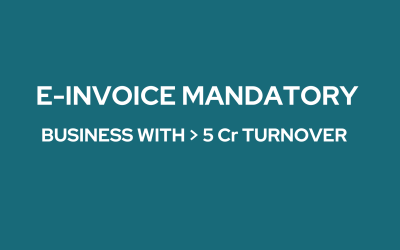Audit Trail feature in Accounting Software
The Ministry of Company Affairs (MCA) in India is responsible for regulating and overseeing corporates and Limited liability partnership firms in the country. Bookkeeping is an important part of an entity and any manipulation in the same can lead to fraud and huge losses.
So Far, Companies are free to enter any transaction at any point of time and can change the same multiple times without any record of modification or deletion. In many cases, companies get their accounting done after the end of the complete year, at the time of preparation or financial statement, or they change transactions as and when required unless such transaction is reported somewhere.
To improve the transparency in books of accounts, MCA has made it mandatory for every company to have an audit trail feature in their accounting software. This requirement was initially proposed for implementation with effect from 1st April 2021. However, considering the representations received, MCA initially deferred the implementation till 1st April 2022 and further deferred the same till 1st April 2023. Now, with effect from 01.04.2023, every company is required to issue a feature of an audit trail in their accounting software.
In this article a detailed analysis is made of how the audit trail tool works, what the implications are, what challenges a company may face in implementing the same etc.


